Google to run Chrome Canary experimentally for the next two years to address post-quantum cryptography.
Alphabet’s forthcoming Chrome Canary browser is just the “canary” in the coalmine—quantum computing is coming faster than you might think.

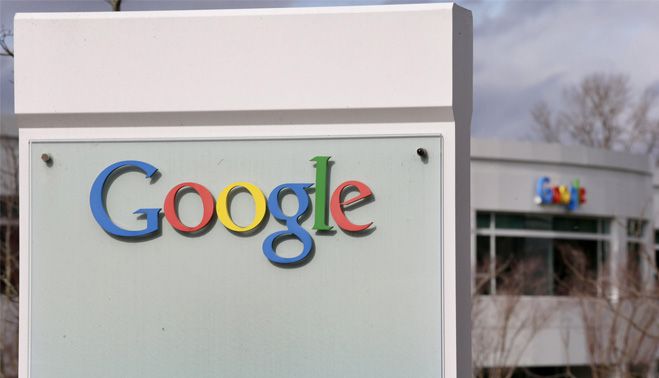
Glad Google is doing this because next month could be a real test when China launches its Quantum Satellite.
Today’s encryption is an arms race as digital security experts try to hold off hackers’ attempts to break open user data. But there’s a new tech on the horizon that even the NSA recognizes as crucial to protect against: quantum computing, which is expected to dramatically speed up attempts to crack some commonly-used cryptographic schemes. To get ahead of the game, Google is testing new digital security setups on single-digit populations of Chrome users.
Quantum computing is such a potential threat because it can do many more simultaneous calculations than current computers. Modern binary bits can only be in two states when electric current is run through them: 0 or 1. But the ambiguous nature of the quantum state means its elemental units (known as “qubits”) could be in either state at a time, so two could potentially be in four orientations at one time: 00, 01, 10 or 11. That ambiguity is exponential, so three qubits could be in eight at a time, and so on.
Security experts aren’t just concerned that quantum computers’ higher speed means faster rates of cryptography-cracking: They’re worried that future hacking methods could come back to today’s encrypted data and pry it open. But that’s in the future: as Wired points out, crypto experts say you would need a quantum computer with hundreds of thousands of qubits, and IBM’s only has five.
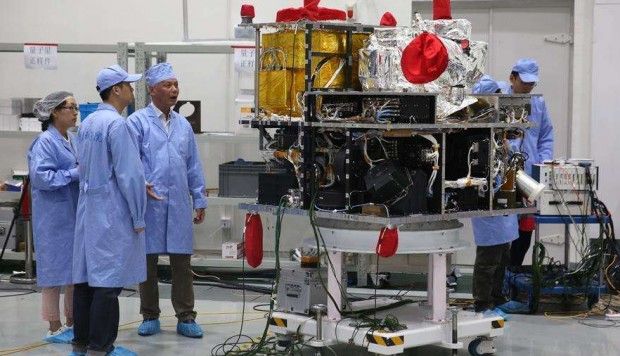
Get ready.
China will launch the world’s first quantum satellite next month to demonstrate a series of advanced technologies such as hacker-proof communications and quantum teleportation.
Ground testing and quality checks on the satellite had finished at the Chinese Academy of Sciences, and it would depart for the Jiuquan Satellite Launch Centre in Inner Mongolia early this month for a launch aboard a Long March 2D rocket in the middle of next month, according to a report on the central government’s website posted on Friday.
The project has drawn attention from scientists and governments around the world because it could provide solutions to some significant problems. With the rapid advancement of quantum technology in recent years, it is widely believed that quantum computers will soon be available but such a computer would be so powerful, it could crack every encryption method currently in use.
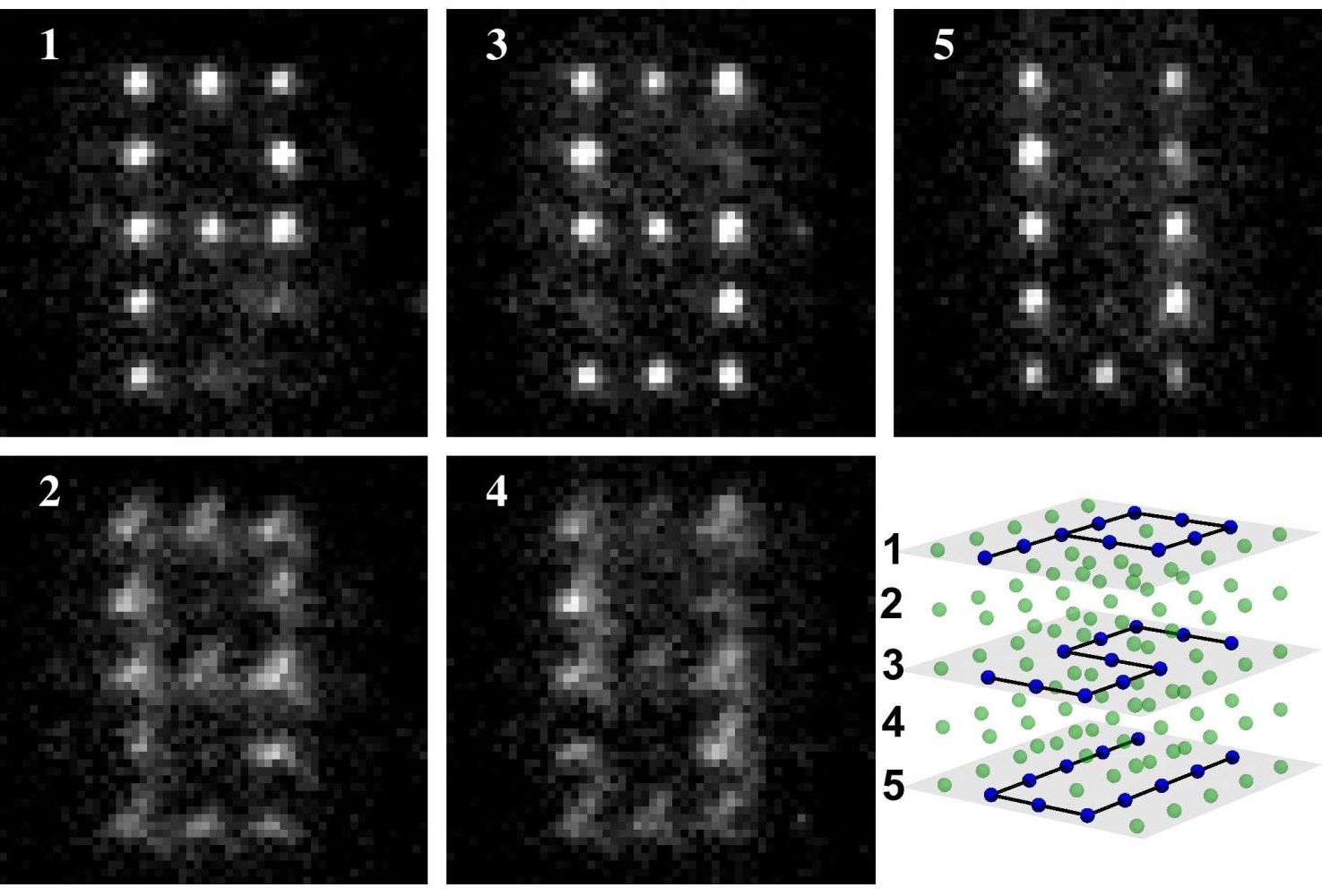
We’re on a roll with QC.
The era of quantum computers is one step closer as a result of research published in the current issue of the journal Science. The research team has devised and demonstrated a new way to pack a lot more quantum computing power into a much smaller space and with much greater control than ever before. The research advance, using a 3-dimensional array of atoms in quantum states called quantum bits—or qubits—was made by David S. Weiss, professor of physics at Penn State University, and three students on his lab team. He said “Our result is one of the many important developments that still are needed on the way to achieving quantum computers that will be useful for doing computations that are impossible to do today, with applications in cryptography for electronic data security and other computing-intensive fields.”
The new technique uses both laser light and microwaves to precisely control the switching of selected individual qubits from one quantum state to another without altering the states of the other atoms in the cubic array. The new technique demonstrates the potential use of atoms as the building blocks of circuits in future quantum computers.
The scientists invented an innovative way to arrange and precisely control the qubits, which are necessary for doing calculations in a quantum computer. “Our paper demonstrates that this novel approach is a precise, accurate, and efficient way to control large ensembles of qubits for quantum computing,” Weiss said.
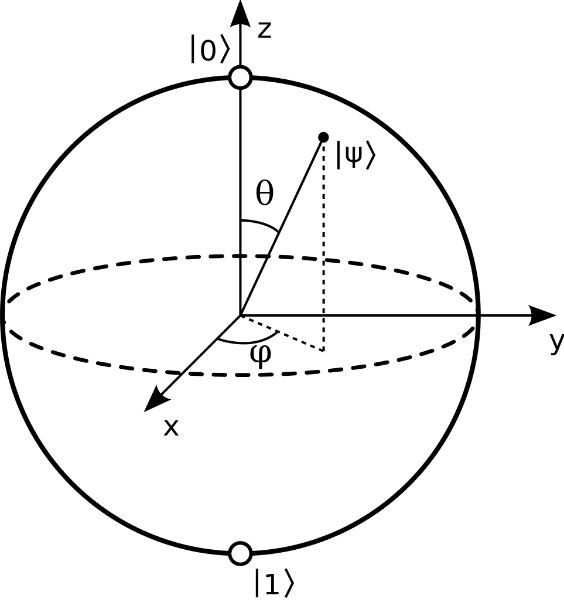
Over the next 3 to 5 years you will see more and more in tech (medical/ bio, chip/ semiconductors, software, AI, services, platform, etc.) adopting QC in their nextgen products and services. We’re (as in Vern B. — D-Wave co-founder and CEO terms) in the Era of Quantum Computing. I highly urge techies to learn about QC so that you remain relevant.
Google is being driven by need to prevent the NSA from breaking into its system to access confidential personal data of its millions of users. On the other hand, the NSA is bent on cracking the tough encryption systems Google and other tech firms use to shield their information from them. Quantum computers will attain this aim for both Google and the NSA.
Google recently said it’s gotten closer to building a universal quantum computer. A team of Google researchers in California and Spain has built an experimental prototype of a quantum computer that can solve a wide range of problems and has the potential to be scaled up to larger systems.
The Google prototype combines the two main approaches to quantum computing. One approach constructs the computer’s digital circuits using quantum bits or qubits in specific arrangements geared to solve a specific problem. The other approach is called adiabatic quantum computing (AQC).
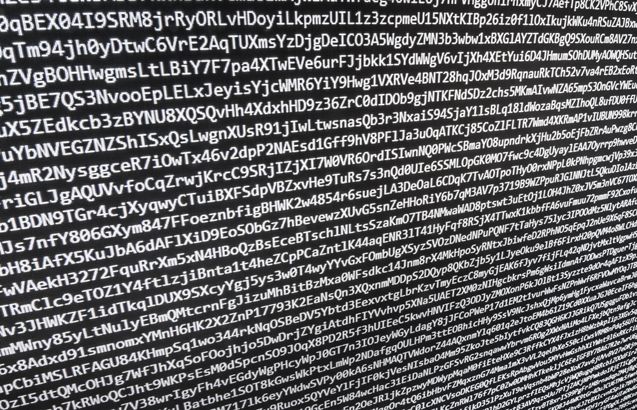
Glad that folks have awaken to the fact that QC is indeed coming and best to learn about this technology and make it part of the IT’s Future State.
http://www.welivesecurity.com/2016/06/14/quantum-computation
Cryptography-armageddon/
ESET’s Cassius Puodzius takes an in-depth look at cryptography, exploring quantum computing (one of the resources in the toolkit of cryptanalysts).

In a feat that demonstrates the feasibility of using satellites to transmit uncrackable quantum messages, scientists have measured the quantum properties of photons sent to space and back again.
Physicists beamed the blips of light up to a satellite that reflected them back to Earth. Upon the photons’ return, the team, led by Paolo Villoresi of the University of Padua in Italy, observed a property known as quantum interference. That confirmed that the particles’ quantum traits remained intact over the 5,000-kilometer space voyage. The team reports the advance in a paper to be published in Physical Review Letters.
The technique could one day lead to quantum cryptography by satellite, allowing users to send snoop-proof encryption keys for encoding secret information. “It’s important for the sake of secure communication and advancement of physics,” says Villoresi. But that’s not the only reason he took on the challenge. “I can more honestly say that it’s cool.”


“The individuals who do these types of attacks are well aware of the pressure points and pain points, economic-wise,” says Dr. John Hale, a cybersecurity expert at the University of Tulsa. “They know what they can extract, how much they can extract.
“They prey upon two things: an organization’s reliance on information systems and two, the common situation, where an organization is a little bit behind on backup procedures and policies to prevent these types of things. It really is easy pickings for the bad guys.”
Crypto ransomware is designed to encrypt data stored on the computer, making the data useless unless the user obtains the key to decrypt it. A message details the ransom, which is typically paid in digital currencies such as bitcoin. Locker ransomware locks the computer or device’s interface — save for the ability to interact with the hacker — and demands money to restore it.
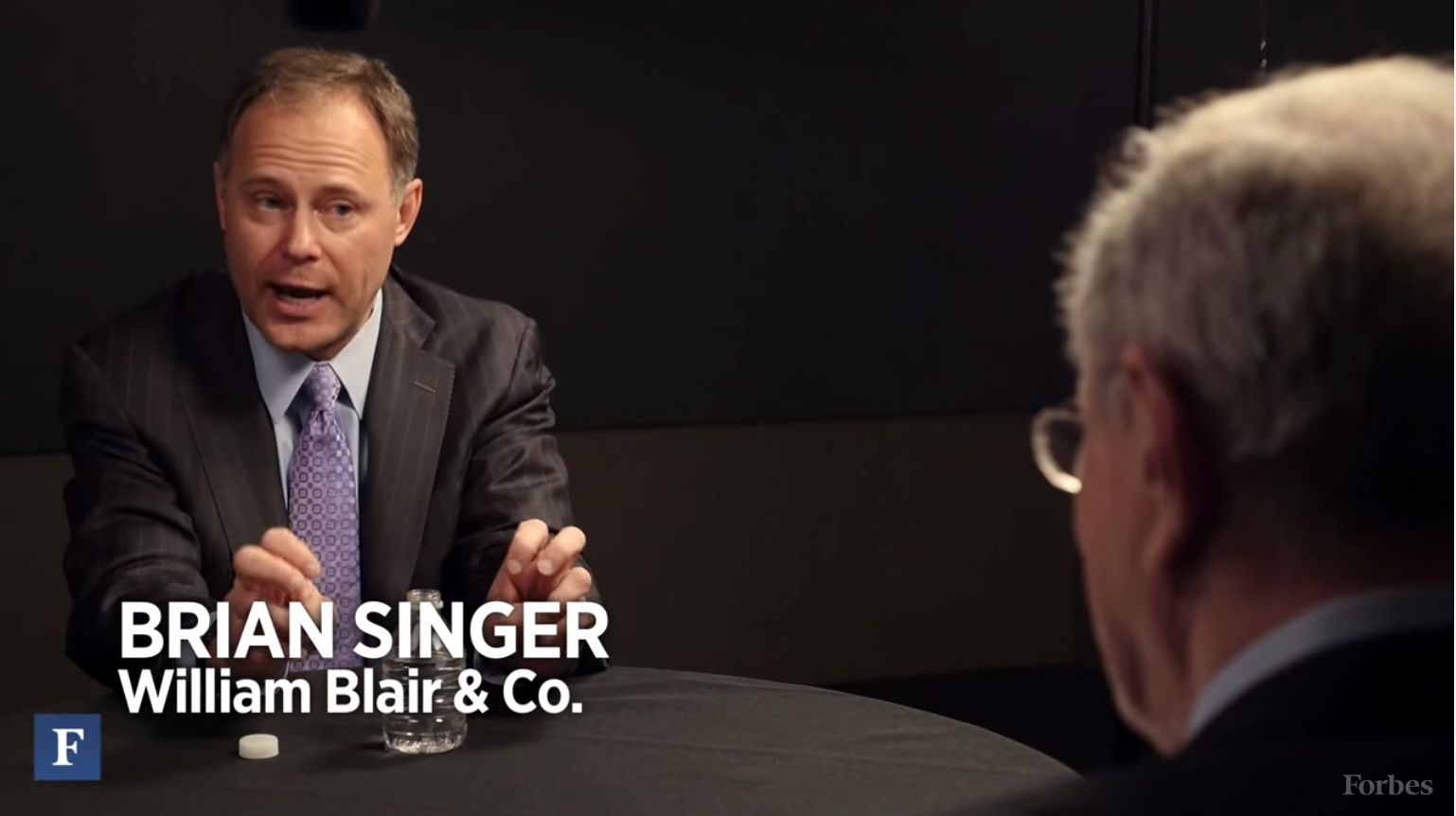
Steve Forbes sits across Brian Singer, a partner at William Blair, as Blair explains the potential of blockhain encryption to empower individuals. He also explains why credit card companies are beginning to embrace a technology that undermines their high fees.